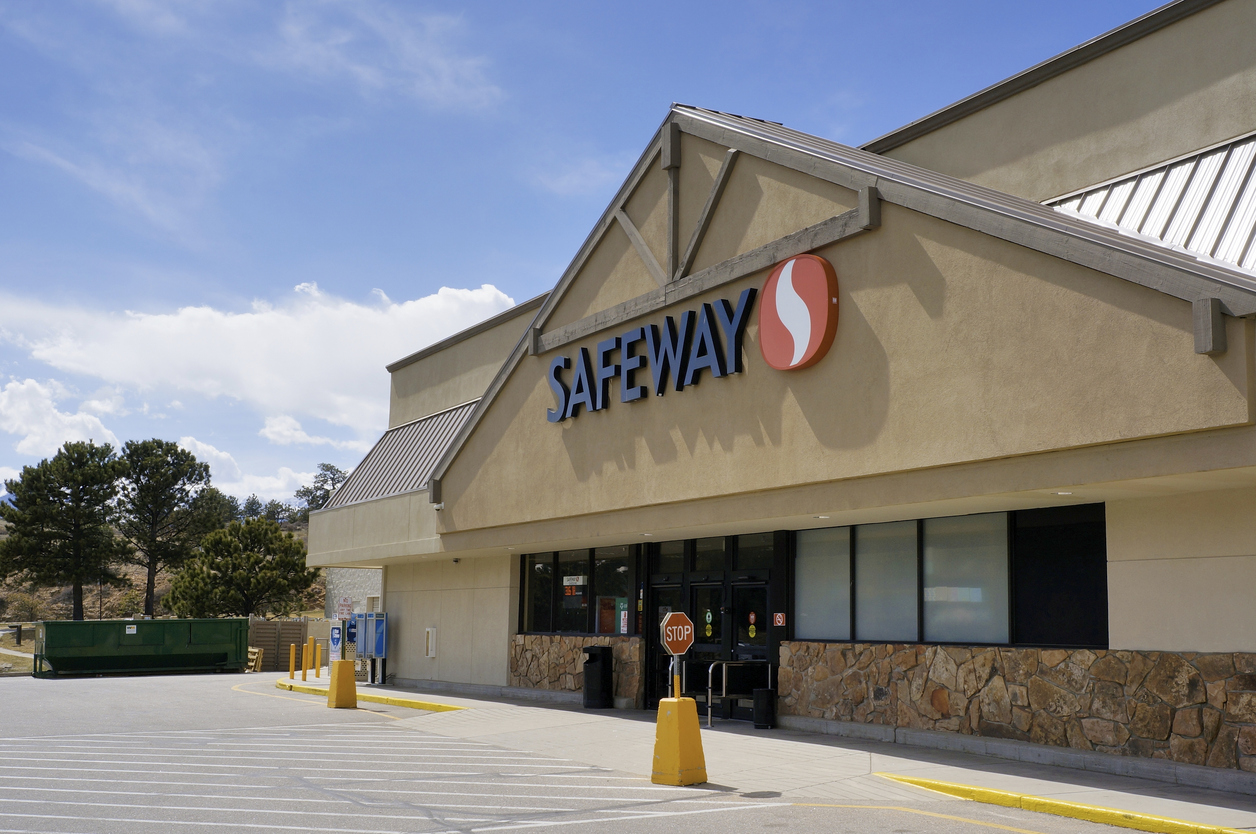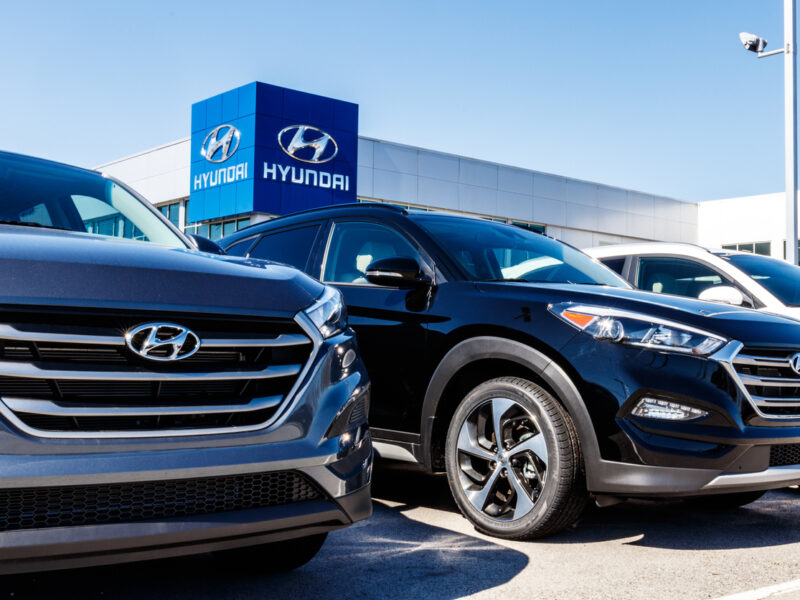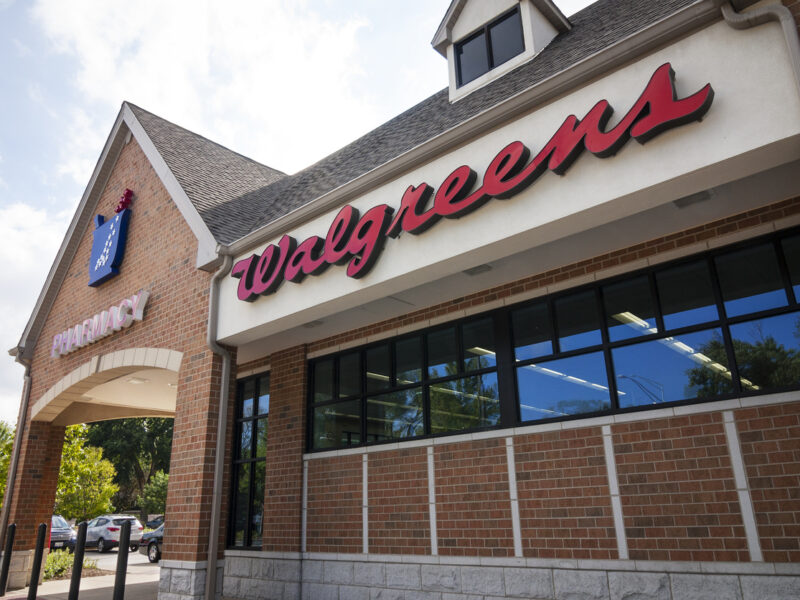Safeway, the California-based retailer and subsidiary of Albertsons, has reached a settlement in a lawsuit pertaining to alleged illegal surcharges imposed on customers. The lawsuit, centered in Portland, Oregon, accused Safeway of charging an additional fee on non-grocery items, thereby violating local regulations. Under the terms of the settlement, Safeway has agreed to pay $8.75 million to affected shoppers in Portland.
The dispute originated in 2019 when the city of Portland introduced a 1% clean energy surcharge on the revenue generated by large retailers. According to the plaintiffs, Safeway implemented this surcharge on customers between September 2019 and July 2020. However, Safeway has consistently denied any wrongdoing throughout the legal proceedings.
As part of the settlement, individual customers will be eligible to receive a maximum compensation of $200 each, with the actual amount varying based on the number of filed claims. While the resolution provides some relief for affected customers, it is important to note that it falls short of full restitution for potential financial losses incurred.
Interestingly, this settlement is not an isolated event for Safeway and Albertsons in recent times. In a related legal matter, the companies agreed to a substantial $107 million settlement last week. The lawsuit, filed in 2016 by two customers, alleged that Safeway had misled consumers through a deceptive buy-one, get-one-free promotion. According to the plaintiffs, the promotion created an illusion of savings, as Safeway was allegedly inflating the price per pound of meat, rendering the supposed “free” product a deceptive offering.
The lawsuit highlighted a specific example wherein boneless pork chops were ordinarily priced at $4.49 per pound. However, under the buy-one, get-one-free promotion, the listed price skyrocketed to $12.99 per pound, effectively undermining the perceived savings for consumers.
While Safeway and Albertsons have not admitted any wrongdoing in the buy-one, get-one-free case, they have opted to settle the matter. The settlement will be applied exclusively to customers who purchased meat at Oregon Albertsons and Safeway stores, utilizing the Safeway Club Card at Safeway locations and coupons at Albertsons grocery stores.
These recent settlements mark a notable trend for Safeway and Albertsons, as the companies seek to resolve legal disputes and mitigate potential reputational damage. Such resolutions, however, raise questions about consumer trust, corporate practices, and the importance of transparent pricing strategies in the retail industry.
As the month unfolds, industry observers will be closely monitoring any further legal developments and their implications for Safeway, Albertsons, and the broader retail landscape. The outcomes of these settlements serve as a reminder of the need for robust consumer protection measures and the expectation of fair and transparent business practices in an increasingly competitive market.


